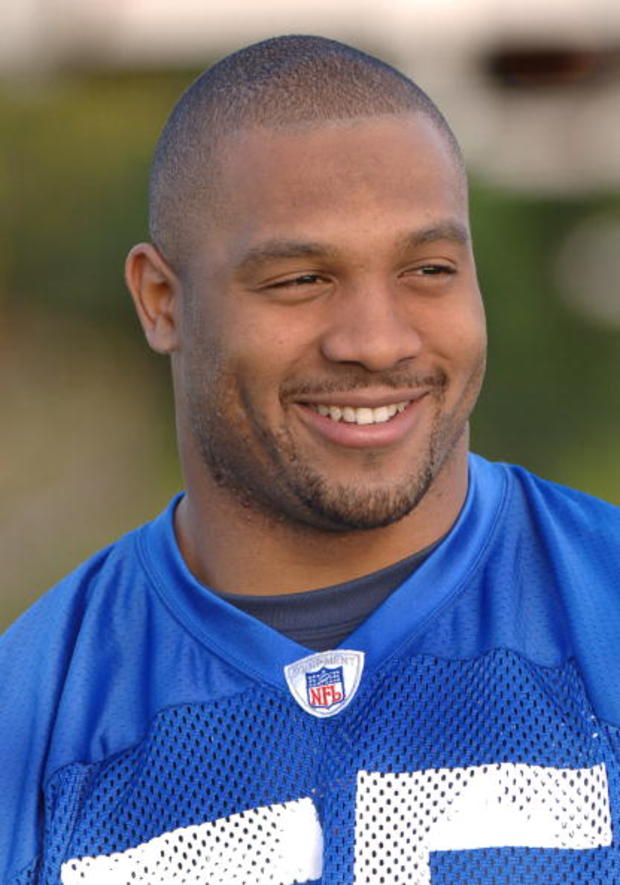CTE Found in 110 Out Of 111 Former Football Players' Brains
By Walker Post
CHICAGO (CBS) — A new study on the link between repeated hits to the head among football players and brain disease is a stark reminder about the potential dangers of the sport.
Dr. Ann McKee, chief of neuropathology at the V.A. Boston Healthcare System and a professor of neurology and pathology at the Boston University School of Medicine, studies the effects of chronic traumatic encephalopathy (CTE).
She found that 110 of the 111 former NFL player's brains examined in 2014 or later had the disease. Her published findings in the Journal of the American Medical Association (JAMA) indicate concussions and periodic blows to the head can lead to mental disorders and illnesses later in life.
According to the CTE Center at Boston University, CTE is a degenerative disease that can cause symptoms including headaches, disorientation, memory loss, erratic behavior, movement disorders and increased suicidal thoughts. Dr. McKee and her colleagues studied the brains of football players whose families reported symptoms of the disease.
NFL player reaction was mixed.
Baltimore Ravens' offensive lineman John Urschel retired two days after the study was released. Pittsburgh quarterback Ben Roethlisberger has suffered many concussions in his 14 NFL seasons. He calls the study "alarming" but decided to play another season.
Retired Bears linebacker Lance Briggs admits he has been battling symptoms consistent with CTE. During a recent talk show, Briggs stated that he believes every football player has the disease.
"You get worried. I get concerned for myself," Briggs said in a web series with Sqor. "And even though I've never had any suicidal thoughts, or anything like that. For it to happen to some great men and great football players, I know that I can't separate myself from that crowd."
Dave Duerson, former Chicago Bears Super Bowl champion, ended his life with a gunshot wound to the chest in 2011. Duerson who had been struggling with mental illness, asked that his family donate his brain for research on CTE.
McKee confirmed in examinations that the concussions and periodic hits to the head Duerson sustained during his NFL career led to him developing the disease
The National Football League spent years denying the link between blows to the head and brain disease. However, as studies like these continue to provide more evidence of a correlation, the NFL has acknowledged the link.
The NFL settled lawsuits in 2016 with thousands of retired players. The lawsuits allege that the NFL attempted to hide the connection with hits to the head and permanent brain damage. The NFL reportedly paid out $1 billion to these athletes.
The majority of the athletes in McKee's study had been showing signs of CTE before they died. However, her findings do not reflect the current population of athletes in the NFL because there is currently no way of diagnosing CTE in someone who is alive.
Dr. Michael Alosco, a neuropsychology fellow at Boston University researching CTE and Alzheimer's disease, helped with McKee's findings by interviewing the families of the deceased football players and assisting with the clinical diagnoses.
"We're at the forefront of a new disease," Dr. Alosco said. "You can date it back to the 1920s when we found it in boxers, but really it's only now when we're really understanding what it is and what it can do."
CTE can also occur in other sports that involve repeated hits to the head and is now being detected in student athletes who may have never played college or professional sports.
"It's sad to see its effect," Alosco said, "But it's exciting to see this new disease and learn more about it and ultimately figure out a way to treat and prevent it down the road."




